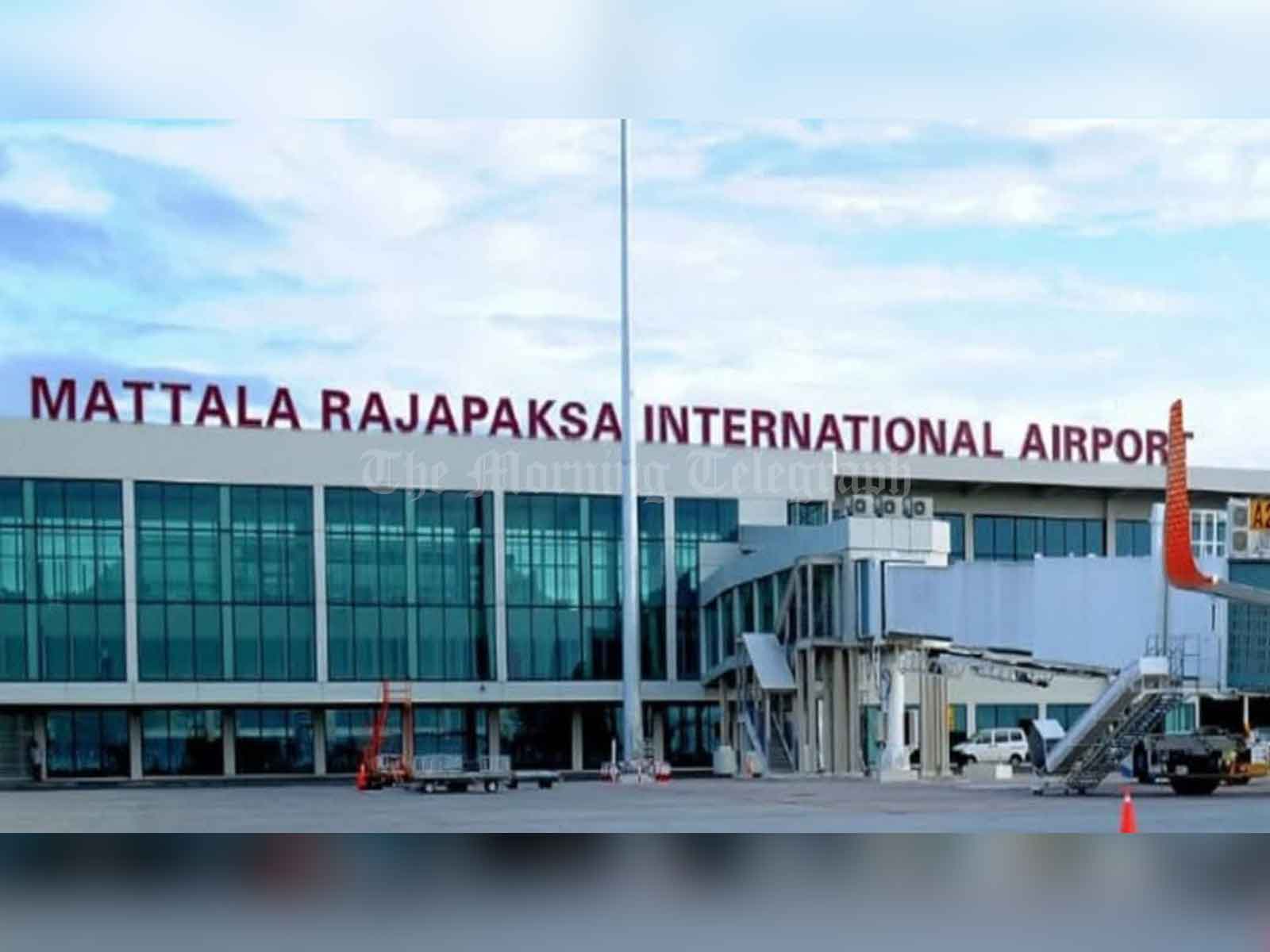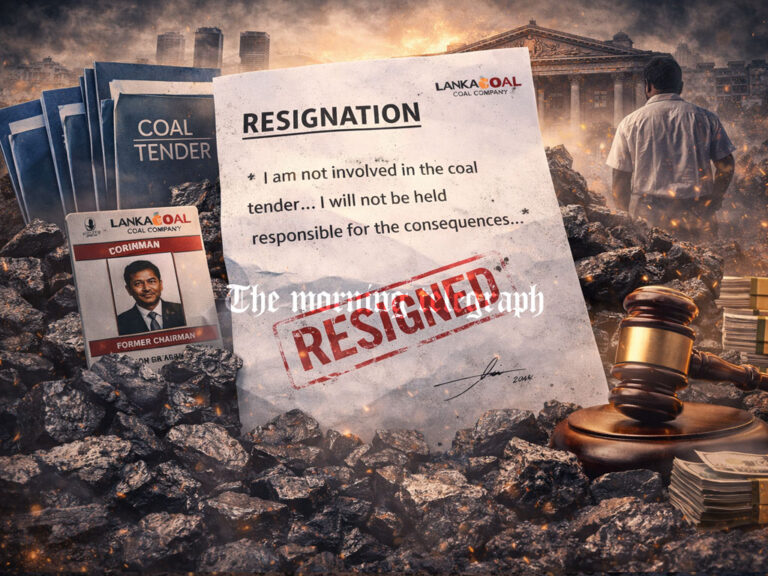
The recent U.S. sanctions on Shaurya Aeronautics Private Limited, an Indian company involved in a joint venture to manage Sri Lanka’s Mattala Rajapaksa International Airport, have stirred international diplomatic and economic concerns. The U.S. Department of the Treasury sanctioned Shaurya Aeronautics for its role in supplying advanced technology and equipment to Russia, which reportedly supports Russia’s military-industrial complex. This action targets a wide network of sanctions evasion spanning 17 countries and underscores the U.S.’s commitment to limiting Russia’s access to resources critical to its ongoing military operations.
The Mattala Airport deal was initially sanctioned by the former Sri Lankan government led by Ranil Wickremesinghe, which approved a 30-year management contract with the joint venture involving Shaurya Aeronautics and Russia’s Airports of Regions Management Company (ARMC). This decision was made despite prior warnings from the U.S. regarding the sanctioned status of ARMC’s significant stakeholders, linked to Russian oligarch Viktor Vekselberg. Vekselberg, whose Renova Group previously held a stake in ARMC, faced U.S. sanctions in 2018 due to alleged Russian interference in the 2016 U.S. election.
Sri Lanka’s decision to partner with Shaurya Aeronautics and ARMC has faced renewed scrutiny, especially with Shaurya’s recent designation under U.S. Executive Order 14024. This executive order targets those operating within Russia’s technology sector, which is now seen as directly aiding Russian defense operations. Under its new leadership, the Sri Lankan government, led by President Anura Kumara Dissanayake, has pledged to re-evaluate the deal. This review is scheduled for after the November 14 parliamentary elections and reflects the increasing complexity of Sri Lanka’s foreign policy, balancing ties with the U.S., India, and Russia amidst evolving global tensions.
This scrutiny of Mattala Airport, dubbed the “world’s emptiest airport,” reflects broader concerns over its $209 million development cost and ongoing financial losses, which amount to an estimated 3 billion rupees annually. Strategically positioned near the Hambantota Port—managed by China on a 99-year lease—the airport has been utilized primarily for tourist access and emergency rerouting. However, the Mattala project has long attracted controversy over its sustainability and strategic importance, raising questions about the economic rationale behind this extended partnership with foreign entities.
The re-evaluation of this contract could influence Sri Lanka’s diplomatic alignment in the coming years, with the U.S. advocating for closer scrutiny of Russian and sanctioned actors’ involvement in major projects. This unfolding situation highlights the complex web of economic interests, geopolitical alliances, and strategic locations influencing South Asian infrastructure and defense partnerships in the current global landscape.




